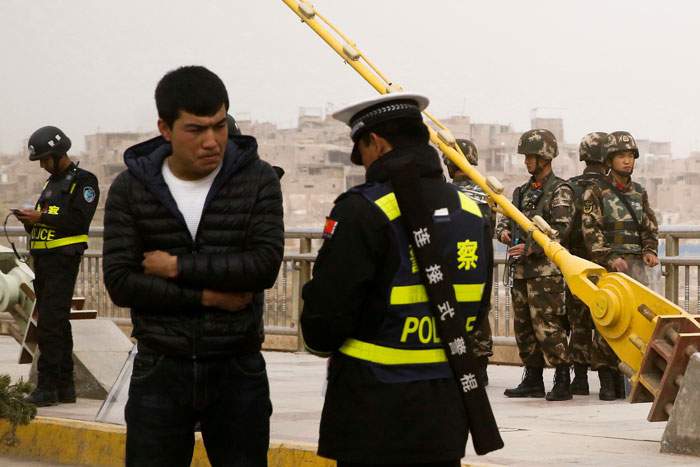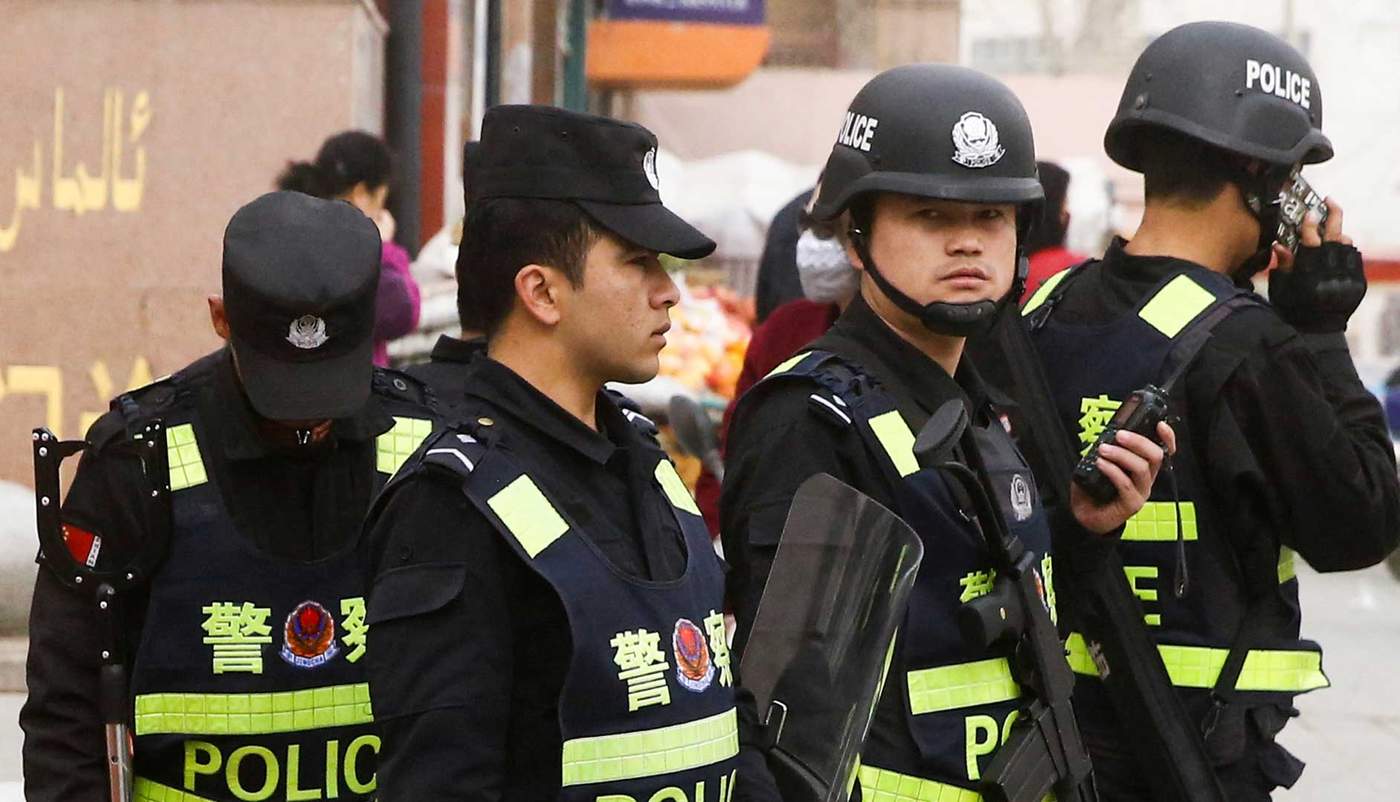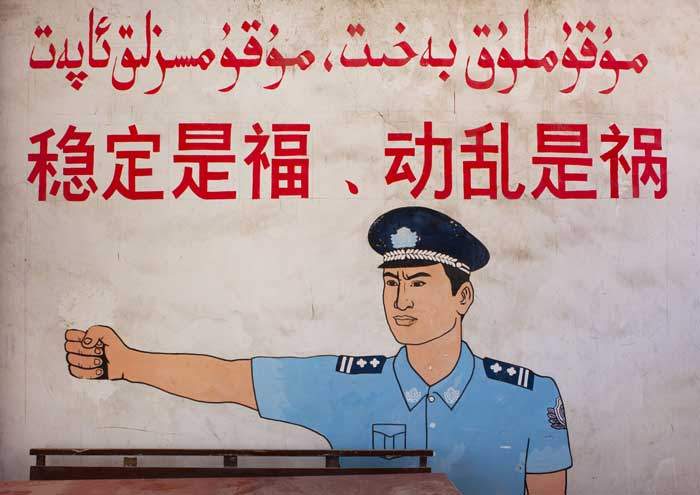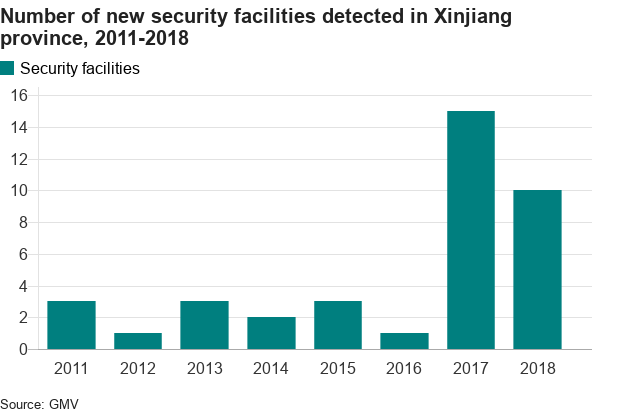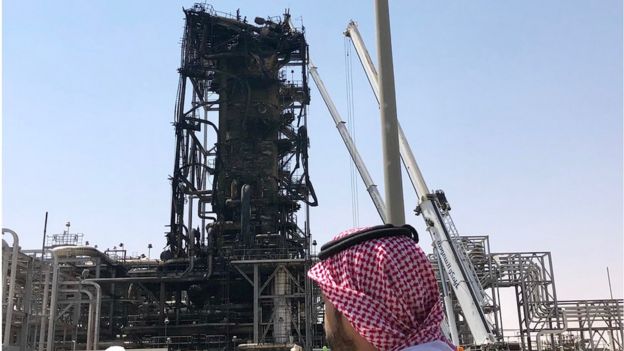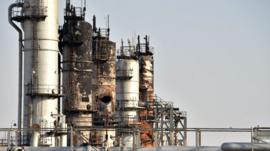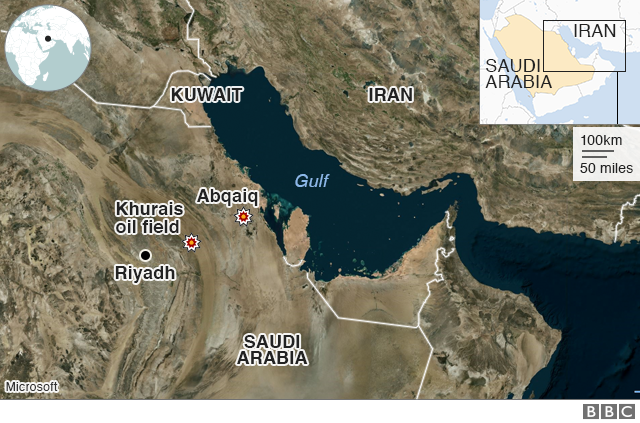The Pride of Africa
"Nigeria is facing a demographic tidal wave."
"The long-term viability of the Nigerian economy -- and the state itself -- hinges on the government, religious, and traditional institutions developing a plan to address this challenge before it becomes impossible to remedy."
Matthew Page, associate fellow, Africa Programme, Royal Institute of International Affairs, Britain
"They used car engine belts and electrical cables to flog us."
"Teachers used to sexually harass us -- They tried to loosen my pants once but I fought them off and was beaten."
"They beat us everywhere in the house, even in the mosque. If you asked to speak with your family, they would shackle you."
"When the police raided the school the whole place was in pandemonium, we were so happy."
"What I want now is to return home. I'll be a good boy."
Suleiman, 15, former student, Kaduna Muslim institution
"The teachers and prefects raped boys. Those who were sexually molested were enticed with canned fish. Those of us who refused were caned."
"They used planks of wood to beat us."
Jibril, 17, former student, Kaduna Muslim institution
 |
| Television Continental / Reuters TV | People are pictured after being rescued from a building in the northern city of Kaduna, Nigeria, on September 26, 2019, in this grab from a video. |
Islamic schools such as the one in Kaduna, Nigeria , called Almajiris, can be found commonly in the mostly Muslim north of Nigeria. According to Muslim Rights Concern, situated locally, an estimated ten million children are sent to attend these Islamic schools. Nigeria's Muslim President Muhammadu Buhari undertook an initiative to encourage school attendance with a program guaranteeing free school meals that 9.8 million children in 32 of Nigeria's 36 states can take advantage of.
Nigeria, with one of the strongest economies on the continent, and a huge population of 190 million people and a wealth of oil resources has been unable to provide adequate school places for its population. That gap is an invitation for unregulated institutions such as the Kaduna institute for religious studies to offer their services to indigent families. Primary education in Nigeria is free officially, but around 10.4 million Nigerian children, five years of age to 14 do not attend school.
The oil producing state of Nigeria whose finances are drained by endemic corruption, spends a mere 0.5 percent of gross domestic product on health for the population, while allocating 1.7 percent on education, representing the lowest worldwide among others, according to the International Monetary Fund. With so few options available to poor families, there are some parents quick to defend the Kaduna institution which charges 35,000 naira ($114) each term.
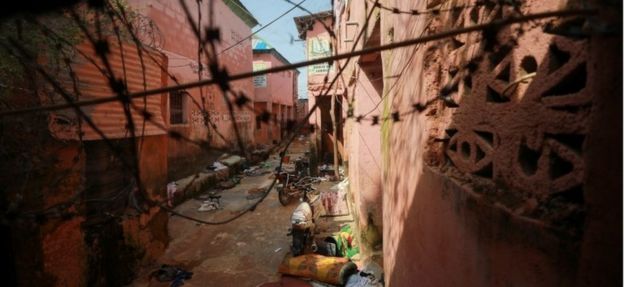 |
| The pink two-storey building is a prison-like structure surrounded by high walls and barbed wire. It has an imposing gate, with more than a dozen rooms, with small windows for ventilation. Reuters |
A tailor living next to the combined mosque/school institution attested that two of his children attending the schools had never been abused. "It was good for them, they became calm. They showed them how to read the Qur'an. I liked it." How to read the Qur'an, but since it is in Arabic, the meaning of the Arabic words which they were then able to quote as required, eluded them. "There is no problem in this school", Zainab, a mother of seven children at the institution where she cooked meals, insisted.
The institute's sign is also in Arabic, describing itself as "House of Imam Ahmad Bin Hanbal for the Application of Islamic Teachings". Some parents paid the fees in the belief it was an Islamic school, describing it as a good institution, dismissing abuse allegations while others saw it as a correctional facility, although it was never formally registered as required, as either. The two-story house used as a religious school is emerging as a place of horror visited upon men and boys, some of whom had been there for years.
Those who managed to escape the prison that the large, complex building represented to return home, were frequently returned by their families with some parents claiming their wayward children required discipline. And then there were other parents who were too poor, they said, to look after all their children. At least 77 boys under 18 years of age were held in the house, the youngest age five. According to the victims, there were frequent, regular beatings; children and men often shackled.
 |
| Some detainees were as young as five years old Reuters |
Food was served at 10 a.m. and 11 p.m. only, and in short supply. Suleiman was sent to the institution by his older brother as punishment for skipping school. He studied Arabic and Islam's holy book, the Qur'an. When he was ten years old, Jibril, now 17 was hung by his arms after attempting to escape. He was left hanging until bones in his shoulders broke. He struggles now, years later, to raise his arms. Directly after the incident he was sent home to recover, and when he had healed his family returned him to the school.
A complaint by an uncle who was denied access to his nephew (a regular feature at the school where family members were not permitted admittance) alerted police who dispatched about 40 officers to raid the building where they found several boys and men in chains. Shackled to broken power generators, some boys dragged them around after themselves, including to bed or to the bathroom. Police arrested seven men they found to be in charge of the place where starving children caught trying to steal food would be stripped and whipped. In total several hundred men and boys were kept prisoner there and subsequently freed.
Only several days later, a house in Lagos was raided by police, where ten young women who had been kidnapped were kept prisoner, raped, to became pregnant and bear children to be sold for profit. How many of such operations exist? When Boko Haram, the Islamist terrorist group, kidnapped hundreds of school girls as 'brides' for their fighters from a private all-girls' school, the country was aghast, and a search for the girls was undertaken by the Nigerian military. Much good came of it.
 |
| Four children were rescued along with 19 women |
Some of the girls managed to escape, some with babies whom their villages refused to accept. The country, in a sectarian divide between Muslim and Christian, is destabilized by the presence of marauding terrorists who torch villages, slaughter the men and kidnap and rape women, and has created a dilemma for the government whose underfunded and demoralized military would rather flee from confrontation with Boko Haram and other terrorist groups claiming affinity with Islamic State than fight and destroy their ability to terrorize the population..
Dysfunction is so widespread and deep that the presence of international aid agencies and other humanitarian groups trying to provide medical care and food for poor Nigerians is viewed askance; they are are accused by the government of giving aid and succor, along with funding support to the very terrorist groups whose victims they are engaged in offering care to, now finding themselves shut down, declared foreign interventionists causing problems in the country.
Labels: Boko Haram, Corruption, Government Dysfunction, Islamist Schools, Nigeria, Terrorism




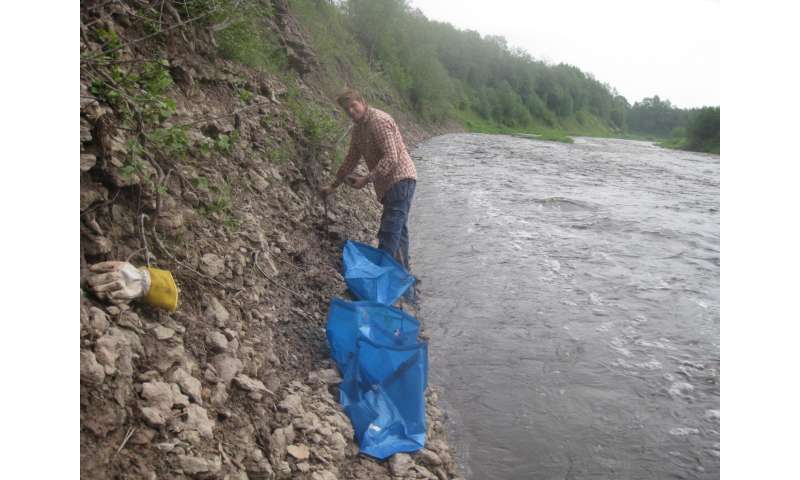





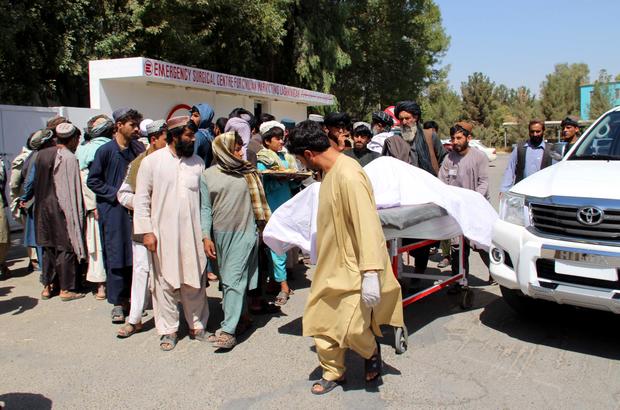




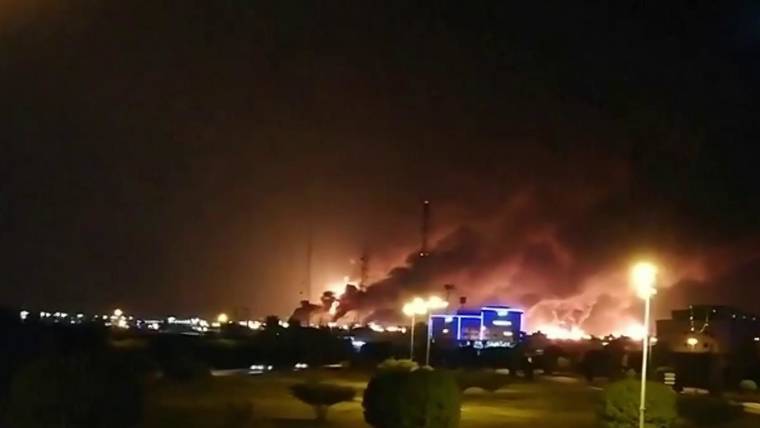

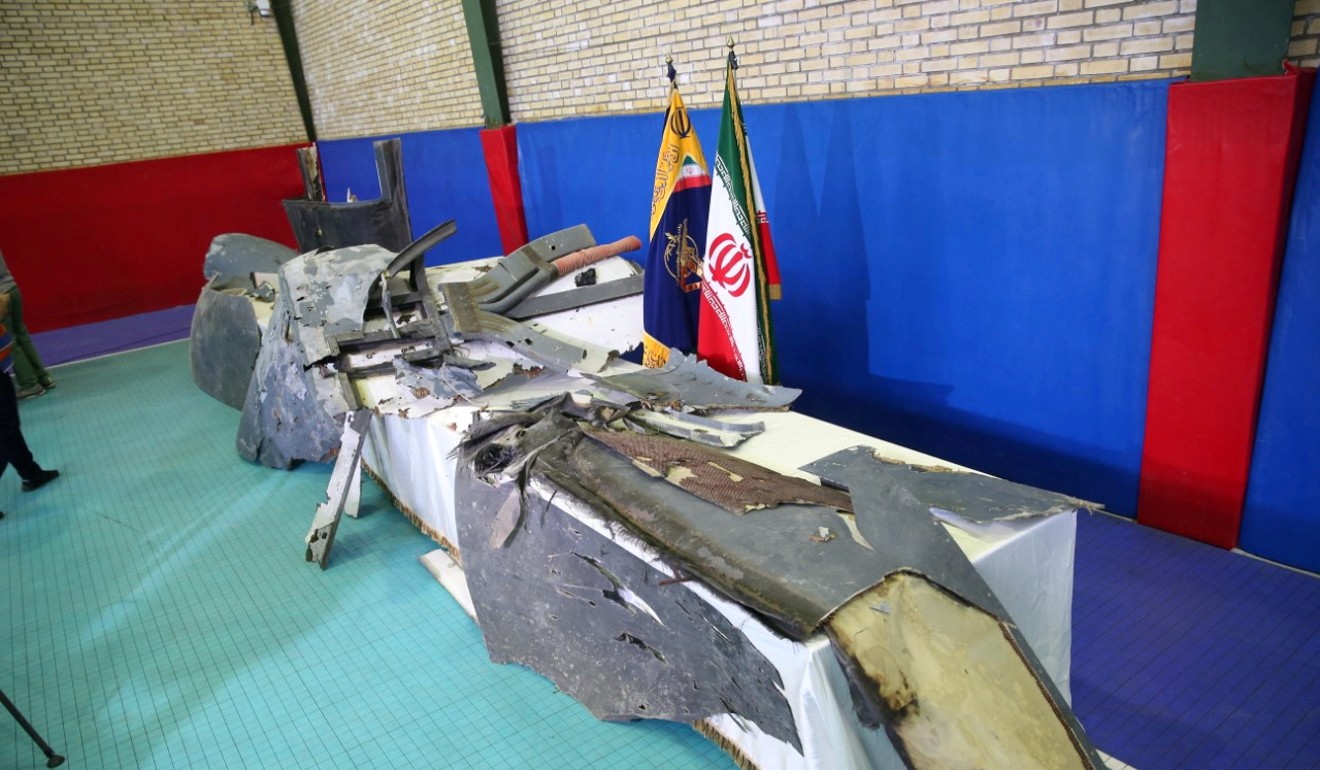
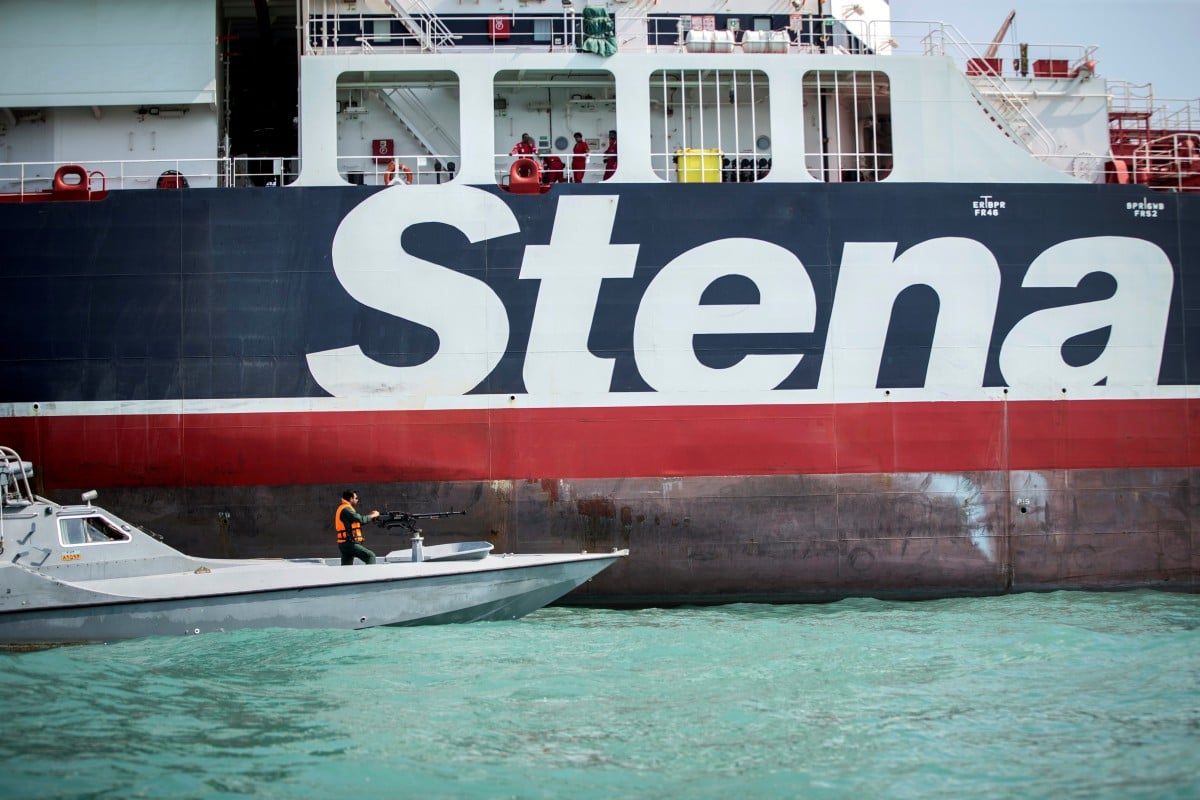
/arc-anglerfish-arc2-prod-mco.s3.amazonaws.com/public/Z56V474PORH6PLLUSH2EFQEZGI.jpg)
